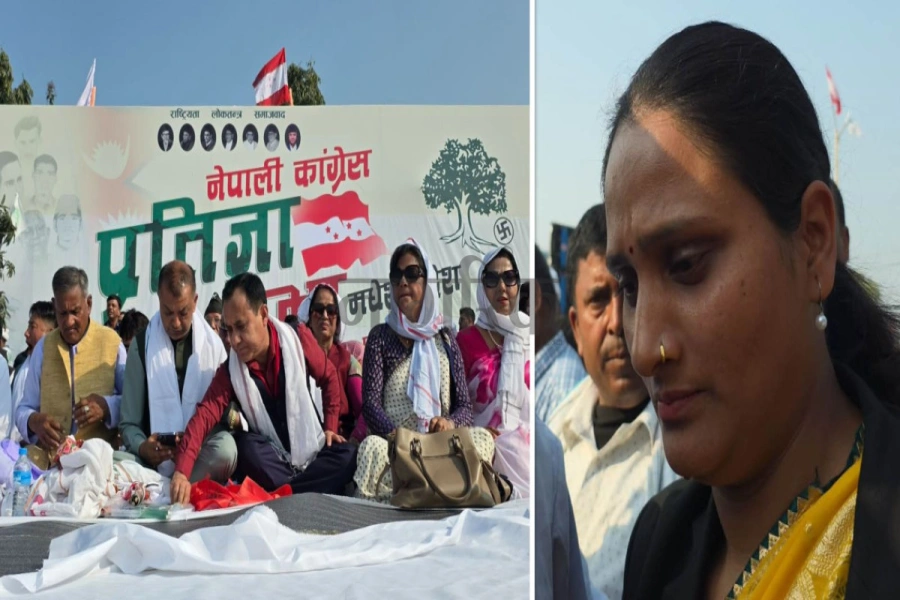Sweeping policy changes marked Donald Trump’s second term as President of the United States. Following his inauguration at the Capitol Hill on January 20, President Trump signed several Executive Orders that included the withdrawal from the World Health Organization (WHO), tighter immigration rules, exit from the Paris Climate Agreement, increased tariffs on Mexico and Canada, deregulation of artificial intelligence (AI) among many others. These policies have been implemented in line with his Make America Great Again (MAGA) slogan in the run-up to the presidential election in November. The ripples of these policy changes will be felt at every nook and cranny of the world. Nepal cannot be the exception.
President Trump's declaration of a stricter immigration control will likely impact many undocumented Nepali immigrants in the U.S. Thousands of Nepalis living in the US could face mass deportations, threatening the livelihoods of many who support and contribute to their families back home. Reduced inflow of remittances could most likely also hurt Nepal’s economy. The tighter immigration rules mean the Trump administration may not extend the Temporary Protected Status (TPS) set to expire in June this year, directly impacting an estimated 19,000 Nepalese beneficiaries. His new trade policy may have mixed outcomes for Nepal while it would greatly impact nations like Canada and Mexico with the imposition of 25% tariffs on imports from these two nations. The escalation of U.S.-China trade war under Trump may spell unfavorable times for Nepal as Nepal depends on massive imports from China. However, the broader economic impact, coupled with Nepal's trade deficit with the U.S., necessitates the need for Nepal to strengthen its trade diplomacy for extending trade benefits like the customs exemption under the NTPP program beyond 2025. As President Trump has decided to quit the WHO, it could have indirect consequences for nations like Nepal. Health programs related to maternal and children's health and well-being in Nepal may face difficulties as reduction in the US funds could cause strains on these WHO funded programs, making it harder for Nepal to achieve its health goals, including the Sustainable Development Goals. Trump's exit from the Paris Agreement can pose a threat to global battle against climate change impacts. Nepal has made less than negligible contribution – if at all – to the global climate change crisis, but is highly vulnerable to climate change. We may confront troubles in meeting climate risk mitigating goals after the partners like the US decide to quit the Paris Agreement.
Trump says he’ll ‘fight like hell’ to hold on to presidency

Nepal falls on the U.S. radar owing to its geopolitical location between China and India, especially under Trump’s foreign policy. The US-sponsored Millennium Challenge Corporation grant, with US$ 500 million allocation on Nepal's infrastructure projects, is a groundbreaking factor of the U.S.-Nepal ties in recent years. There are many who believe that Nepal-US ties would not see any drastic changes during President Trump’s second term. They, however, stress that it will have indirect impacts on Nepal. The US aid to Nepal and its trade with us requires careful diplomacy on our part in order to avoid risks and maximize benefits. President Donald Trump’s second term will be a mix of opportunities and challenges for Nepal. While his policies reflect a focus on U.S. interests, their global outcomes must spur Nepal taking proactive engagement on issues of bilateral ties and trade agreements, climate mitigation initiatives and Nepali immigrants’ plight. During this new era of US leadership, making careful diplomatic moves would serve Nepal better to safeguard her not-very-well-articulated national interests vis-à-vis the inward-looking policies of the US under President Trump.






































